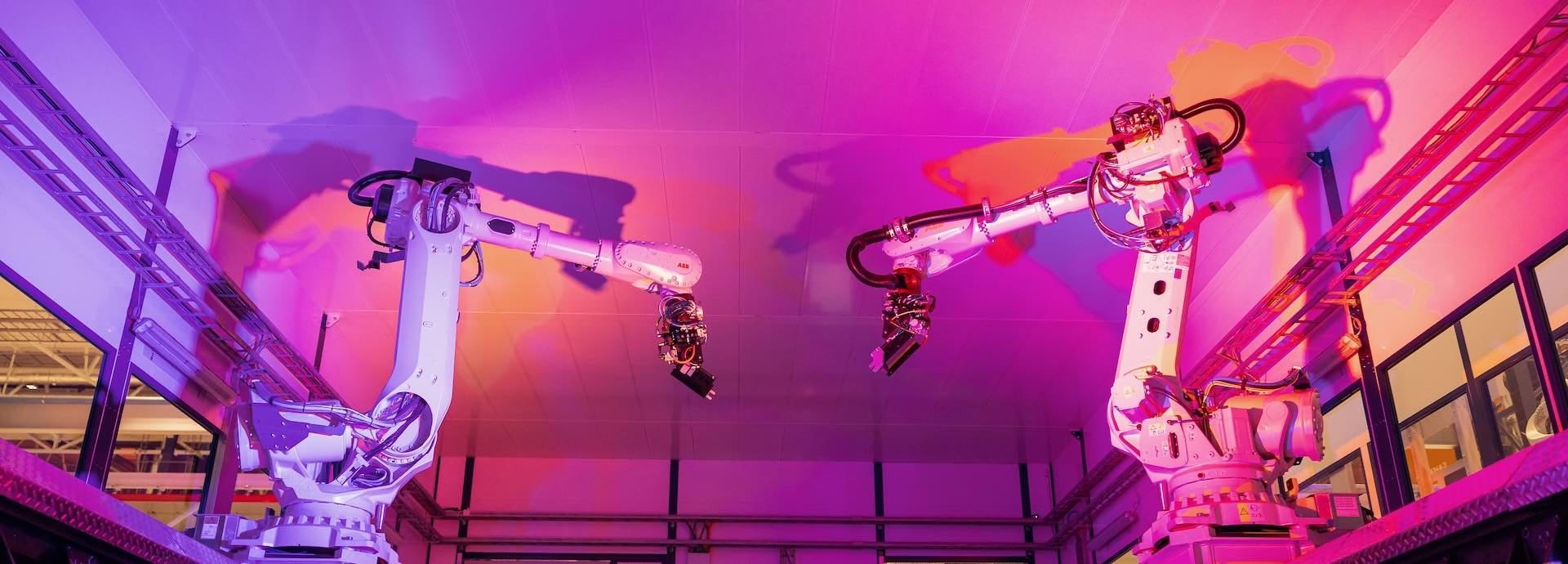

Flying taxis, supercomputers and mind-reading electronics might seem like science fiction but are part of the European deep tech pipeline. Worth an estimated EUR 700 billion and expected to add EUR 2.2 trillion to the EU economy by 2030, Europe’s deep tech companies are not only key to the continent’s growth plans but are also solving humanity’s greatest challenges.
What is deep tech?
“Deep tech refers to advanced engineering and the latest scientific advances,” says Saurabh Tak, Investment Manager at Sagana and former Deep tech Lead at Hello Tomorrow. “We started using the term 10 years ago as we wanted to drift away from soft tech and fintech. If it’s only software, we don’t define it as deep tech. For us, there must be a core component to it, such as manufacturing, robotics, and AI. Often deep tech product development requires a convergence of technologies rather than only one technology, which is achieved via a complex ecosystem of stakeholders.”
With deep tech, the returns are not immediate like with software revenue.
Complexity is an understatement. Deep tech is at the heart of the lab-marketplace Venn diagram, bringing together a complex collaboration of scientists, investors, and engineers to fund, develop, test and market new products. Based on the latest scientific discoveries, deep tech ventures tend to use an array of complex technologies, data, and computation in fields like quantum computing and electronics. But, perhaps most crucially, deep tech also takes aim at humanity’s most complex economic, environmental, business, and social problems. Be it food security or climate change, medical treatment or space exploration, deep tech’s disparate companies are bound together by their potential life-altering impact.
Science fiction to science reality
Recyclable rockets or ‘one-year’ vaccine development were figments of the imagination not long ago, but American companies SpaceX and Moderna have made them a reality thanks to deep tech. “People think the mRNA (Covid) vaccines came out in one year, but they actually took 30 years of development”, says Tak. “For instance, it took two and half decades to develop the encapsulation tech, which makes the vaccine perfectly fine for humans.”
Moving us towards human levels of intelligence will create endless possibilities across all subject areas.
While these game-changing deep tech ventures have made Moderna and SpaceX household names, most other ventures remain under the radar of public consciousness until their products impact the mainstream. In Europe, for example, this could be Germany-based Lilium’s electric air taxi providing sustainable high-speed travel in cities or the headset of Switzerland’s IDUN Technologies’ translating brain waves into tangible data and detecting curable diseases earlier.
For Professor Andy Pardoe, a deep tech CEO and Chair of the Deep Tech Innovation Centre at Warwick Innovation District, AI and quantum computing could have the most impact in the future. “There is still much to be achieved in the field of AI. Moving us towards human levels of intelligence will create endless possibilities across all subject areas. Longer-term, the field of quantum computing has great potential to redefine what is possible in many sectors.”
Sustainable deep tech
One sector in need of urgent attention is climate tech. From paper batteries to the production of synthetic animal proteins, robots maintaining remote wind farms to algorithms enhancing household energy efficiency, deep tech has the potential to minimise the effect of climate change.
Wärtsilä, for instance, uses deep tech to optimise its sustainability. “Wärtsilä has substantial research and development around deep tech, such as artificial intelligence, machine learning, computer vision and edge computing,” says Lauri Kovanen, Director of IoT Data, Wärtsilä Voyage. “Deep tech helps Wärtsilä improve the operational efficiency of marine operations and energy production, supporting Wärtsilä's decarbonisation ambitions, and is also essential in the introduction of new fuels.”
The IEA maintains that half the technologies needed to achieve net-zero emissions haven’t yet been invented. Deep tech could be the answer, but there are still risks involved.
Overcoming deep tech challenges
From US software to European AI, all tech companies must battle for access to talent and funding. However, the nature of deep tech’s development has laid a long track of hurdles.
To attract investment, “start-ups need to show strong product-market fit and, in many cases, to be post-revenue,” says Pardoe. “While this can be achieved for many tech start-ups, the nature of deep tech companies often makes these milestones only achievable with investment and periods of research and development before being able to prototype a working system and demonstrate it in the marketplace.”
Tak agrees. “With deep tech, the returns are not immediate like with software revenue,” he says. “It’s not in a year or a few months, it can be 5-15 years. Product development is long, and the landscape might have changed. Investors are taking a large risk by having to predict if they will have a market in the future.”
Moving from lab testing to patent to company formation to commercial success is a long chain fraught with potential for disruption. When you add in the high R&D costs involved, the complexity of the process and the secretive nature of the products, it’s clear that deep tech requires deep pockets and deep levels of patience to get off the ground.
But, with the right mindset, strategies and policy framework, deep tech could save the planet.
Did you like this? Subscribe to Insights updates!
Once every six weeks, you will get the top picks – the latest and the greatest pieces – from this Insights channel by email.


